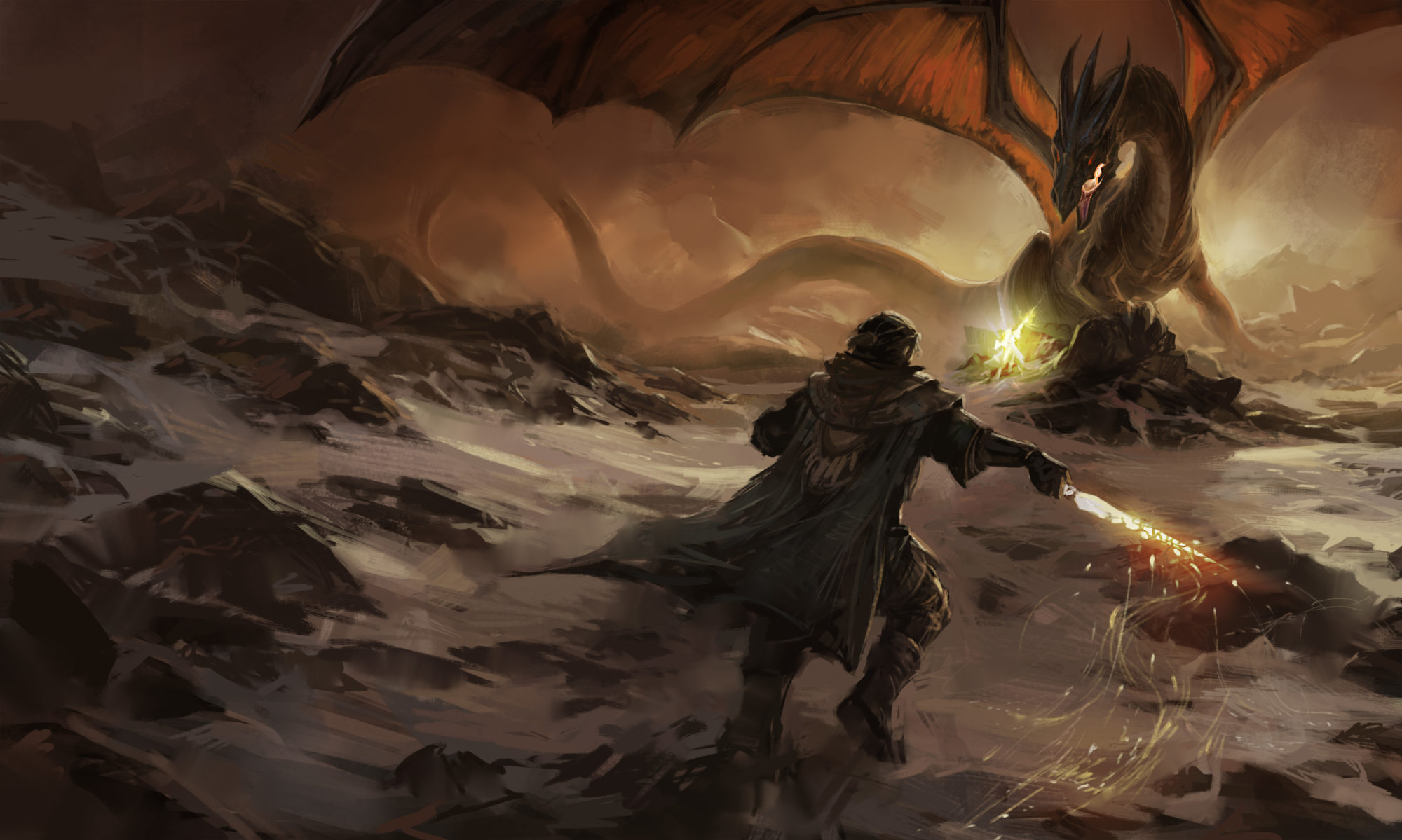At the Editor’s Desk
After last week’s big reveal of my other project, I think it’s time to get back to a real focus on what brings us all together here: hating Dan Brown.
Freelance Services
It’s a shame that I’ve never gotten around to preparing a sales page around here, but as some of my blog posts in the last couple weeks have probably hinted, I do have some valuable services to sell. In addition to my own extensive experience with creative and technical writing, I’ve done writing coaching, document design (fiction and nonfiction), story editing, voice editing, line editing, copy editing, and several types of copy writing.
At the moment, I’m working on breaking into grant writing, and I’m in talks to maybe do a ghost writing gig. It all sounds like a lot of fun.
Incidentally, since I don’t have a strong sales process set up at the moment, I’ve got some open availability, so if you find yourself in need of some of those services, you can feel free to send me an email (or use the site’s Contact Form) to ask me for an estimate. I’m not cheap, but I’m terribly good.
The Girl Who Stayed the Same
There’s the technical and the creative writing to do, though, and I’m still going strong on my current work-in-progress. This week I finished chapter seven and started chapter eight of The Girl Who Stayed the Same.
Someone finally asked Jonas if he was an angel (and he answered with a qualified no), and we also learned that Jonas is really terrible at chess. He’s also pretty emotionally unstable, but what do you expect from a dude who hangs around with artists all the time?
On Unstressed Syllables
This week we covered two major topics: following directions and preparing a document according to the rules (specifically grant applications), and following the rules and writing stories with due respect for your readers.
Sunday I introduced the Technical Writing series on grant applications with a story about my three-year-old daughter learning to read…by memorizing the shapes of words. It’s limited in a way phonetic alphabets aren’t supposed to be, but it’s also advanced in a way three-year-olds aren’t supposed to be, so I’m considering the whole thing a wash.
Then on Monday I talked about grant money, selection committees, and how grant writing is just like the slush pile all over again. It’s frustrating in ways, but it also gives experienced novelists a leg up on the competition.
Then Tuesday I took it a step further, saying that grant writing is just like writing Shakespearean sonnets. The metaphor isn’t perfect, but the application is — if you can learn to express your ideas well within someone else’s strict structure, you’re ready to call yourself a professional writer (and start raking in the dough).
On Wednesday, Courtney waxed domestic with a story about sewing up some torn garments, and in the process taught us how to patch up holes in our stories’ plots. It can be a lot of work, and it’s certainly the sort of thing we’re often tempted to let pile up on our To Do lists, but a little extra effort can save a story from becoming scrap, and turn it into a perfectly serviceable Saturday shirt.
Thursday I introduced the Creative Writing series on writing rules with a story about Trish trying to watch The Da Vinci Code in spite of all my lecturing. The lecture’s got to go someplace, though! So I spilled it through onto Friday and Saturday, too.
On Friday I talked about respecting your readers, and specifically focused on understanding and deliberately crafting your book’s reading experience. When you consider how your story affects your readers (and what they’re offering in exchange for your storytelling), it becomes far easier to stick to some of the core rules of writing.
Today’s article tied that up with a detailed look at what some of those rules are: premise, verisimilitude, and the unforgivable sin named “Deus Ex.” It’s been a pretty academic week, and if you’ve followed along you probably deserve a couple hours of college writing credits for it. Alas, my blog isn’t yet accredited.
Around the Web
I also found a couple of good articles around the web this week, that I thought you might find interesting. They’re certainly relevant to our most recent discussion.
-
Writing this week’s aggressive broadside against popular novelist Dan Brown, I couldn’t help thinking about literary agent Nathan Bransford’s fantastic article last week, The One Question a Writer Should Never Ask.
-
Wouldn’t you know it, though, Bransford followed up with another excellent post this week on the same topic, Writing vs. Storytelling. Be sure you read both of these — you’ll be a better writer for it.
